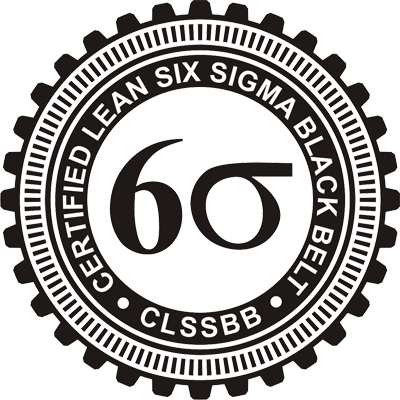Anyone who will be leading a Lean Six Sigma process improvement project or would like to master the principles involved to further their professional skills. It applies to staff, line supervisors, managers and directors in such areas as manufacturing, operations, customer service, engineering, IT, marketing, logistics, sales, quality, purchasing, health care, education, and health and safety, The certification is important to those who are a full time Project Managers.
- Certifications
-
- Project Management Certifications
- Lean and Six Sigma Certifications
- Software Testing Certifications
- Mobile Testing Certifications
- Software Automation Testing Certifications
- Software Security Testing Certifications
- Cloud Testing Certifications
- Agile Testing Certifications
- Software Quality Assurance Certifications
- Scrum / Agile Certifications
- Change Management Certifications
- Business Analyst Certifications
- Business Process and Management Certifications
- DevOps and Big Data Certifications
- Call Centre Certifications
- Cloud Computing Certifications
- Data Centre Certifications
- Information Systems Security Certifications
- Supply Chain, Procurement and Retail Certifications
- Management Certifications
- Finance and Accounting Certifications
- Sales and Marketing Certifications
- Information Technology Certifications
- ISO and IEC Certifications
- Artificial Intelligence Certifications
- Health Care and Nursing Assistant Certifications
- Web Designing and Developer Certifications
- Python Certifications
- Construction and Real Estate Certifications
- Sports Management Certifications
- Library Management Certifications
- Human Resource Certifications
-
- Advanced Diploma in Human Resource Management (ADHRM)
- Diploma in Business Process and Management (DBPM)
- Diploma in Business Research and Analysis (DBRA)
- Diploma in Hardware and Networking (DHN)
- Postgraduate Diploma in Web Designing and Development (PGDWDD)
- Post Graduate Diploma in Software and Mobile Testing (PGDSMT)
-
- About Us
- Globally Certified Professionals




